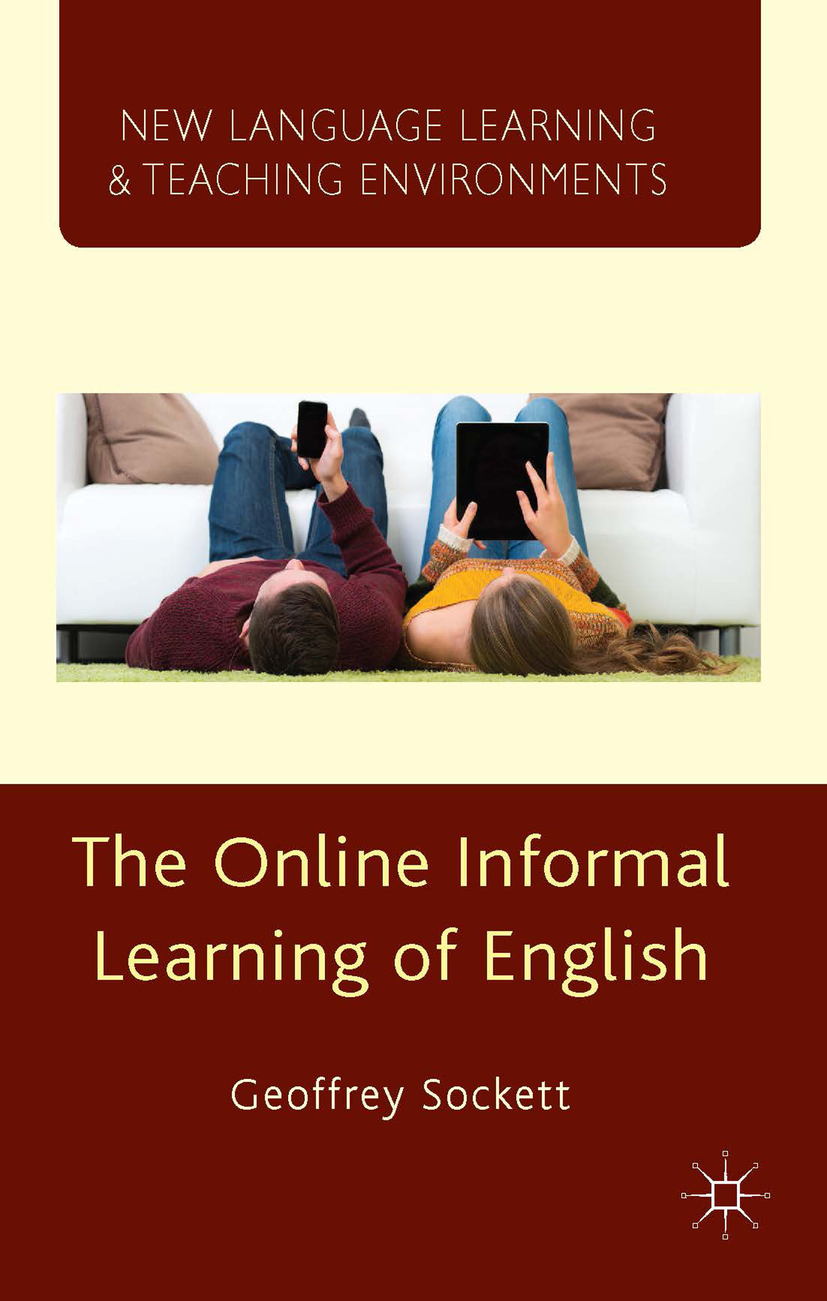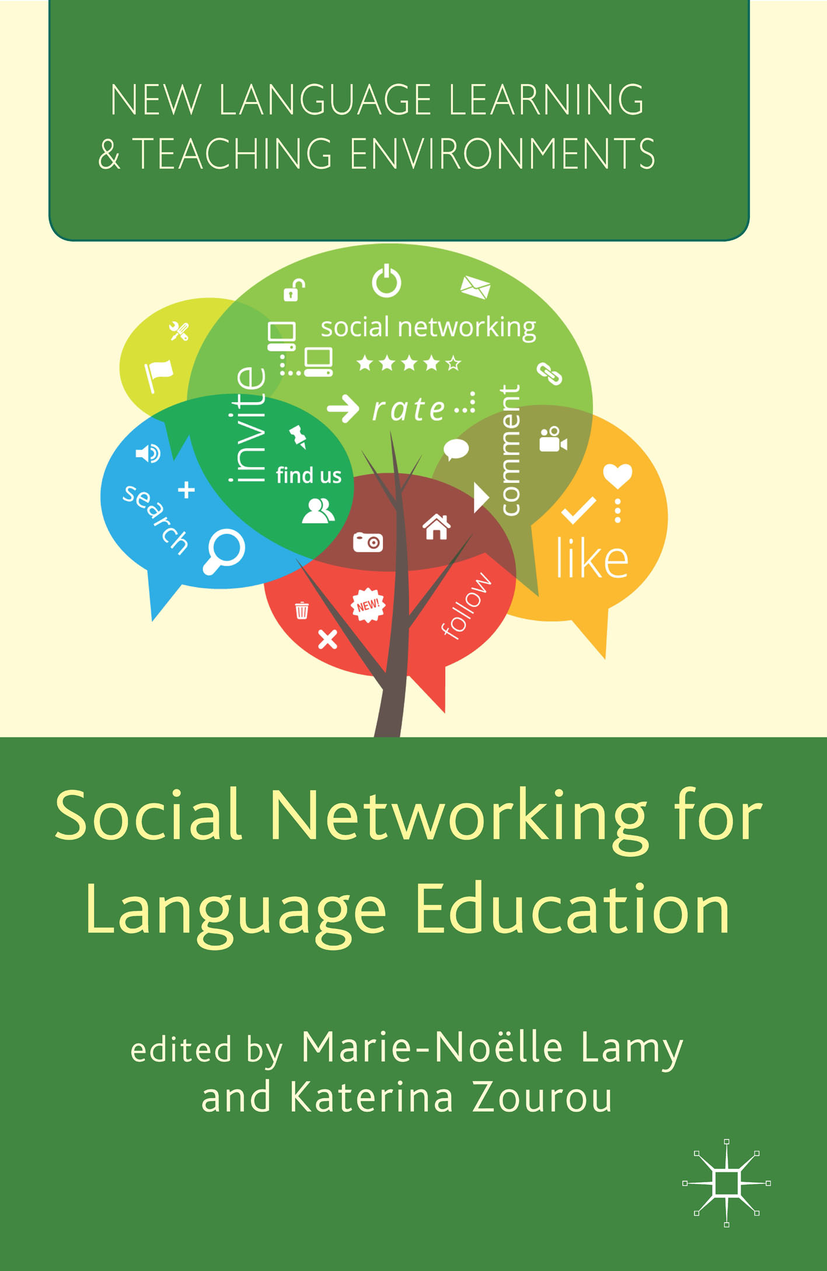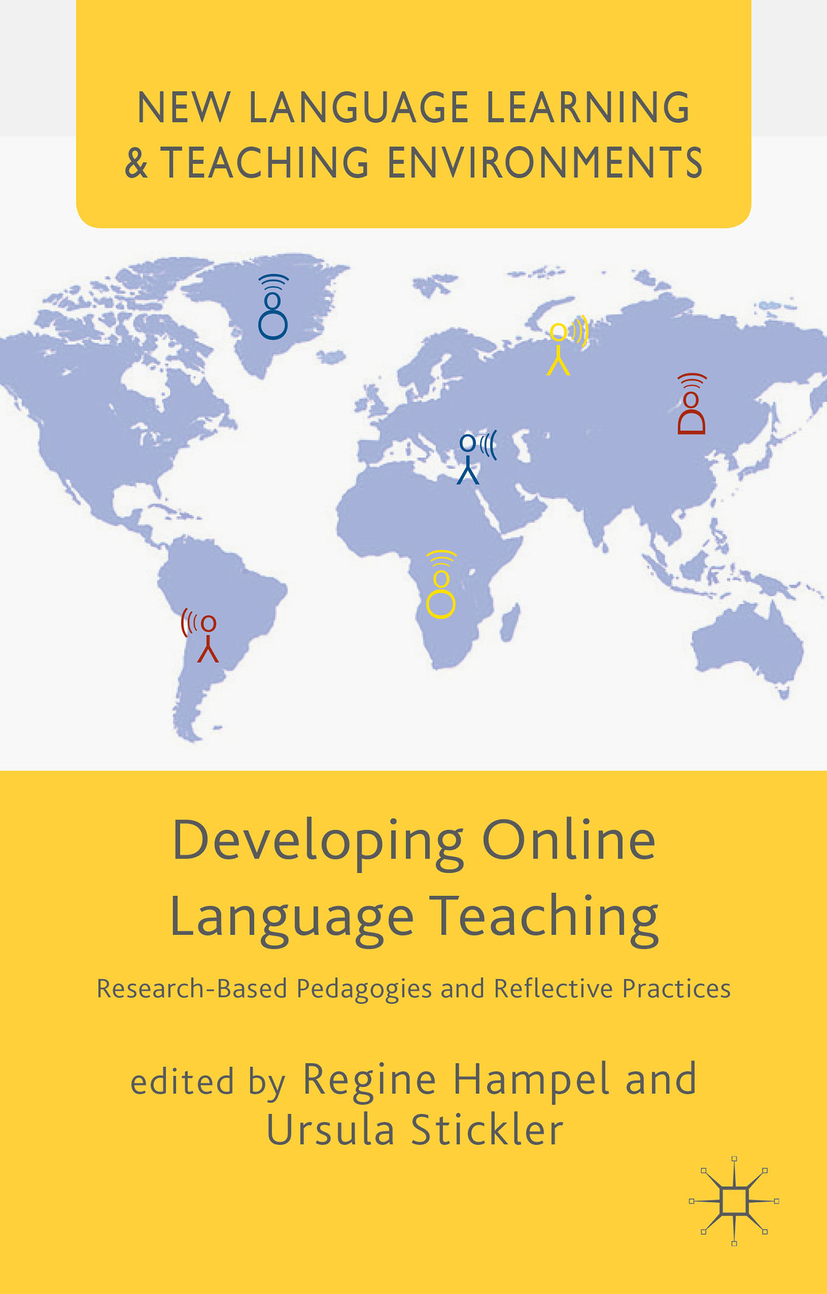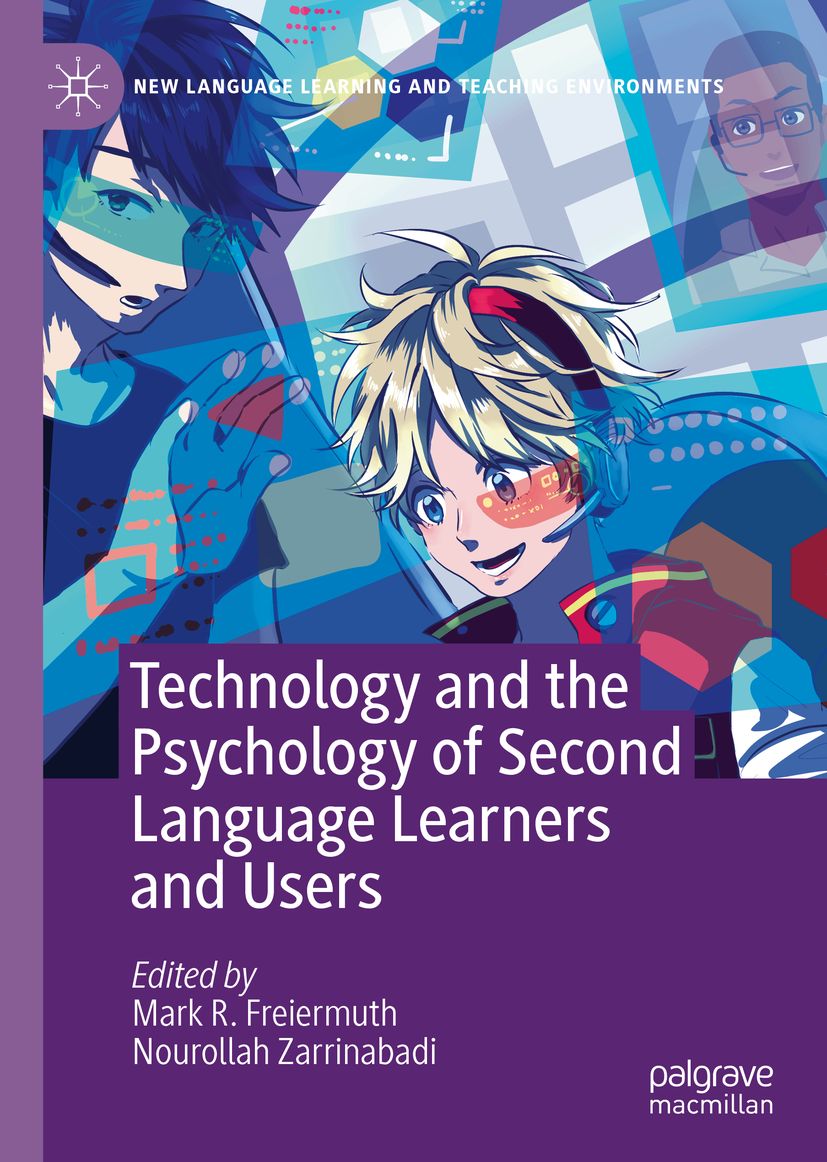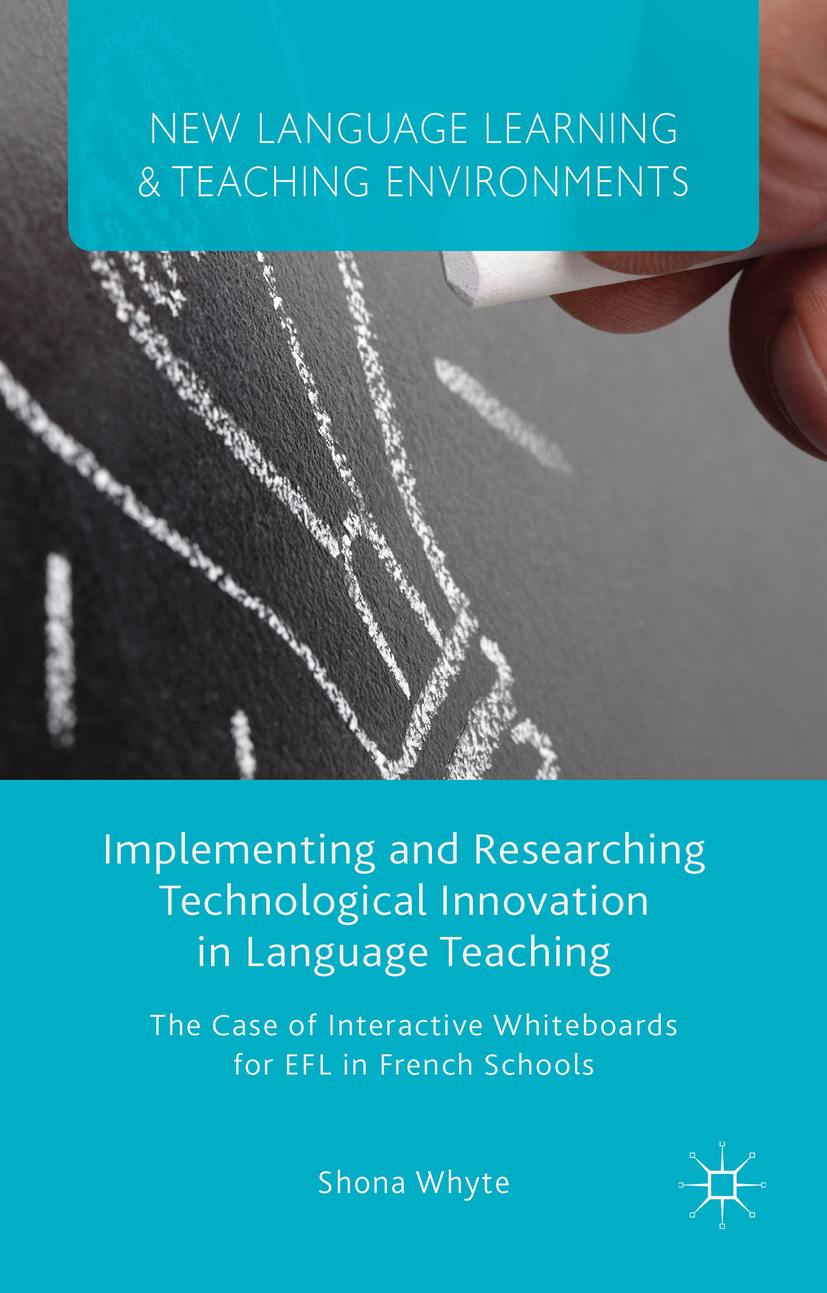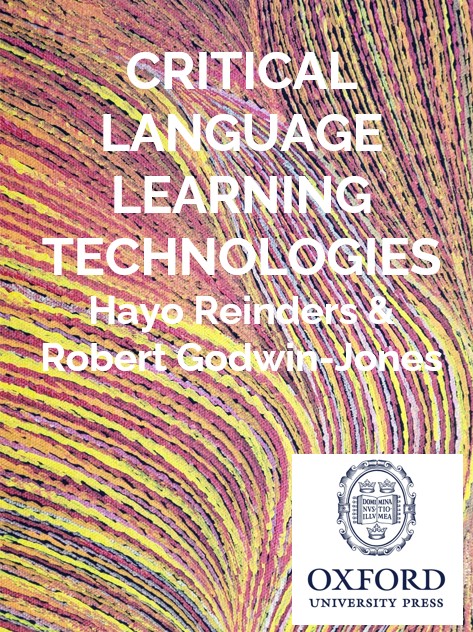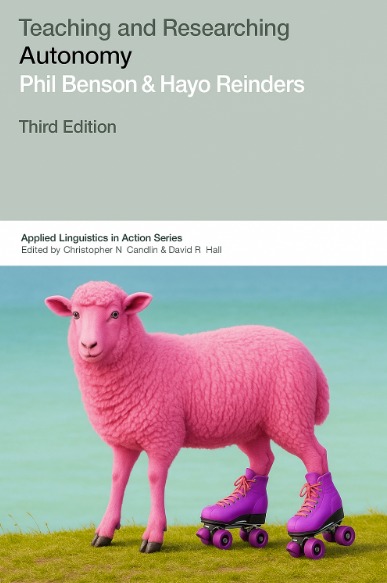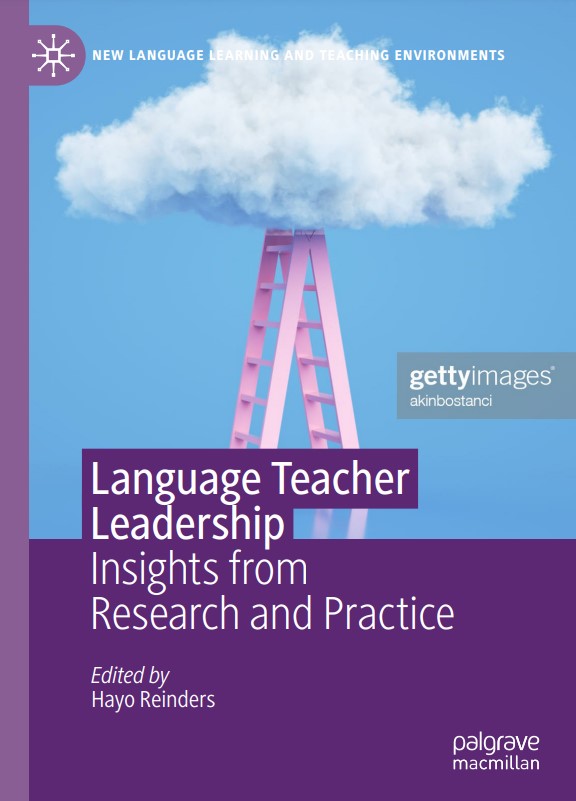Free tools > Research
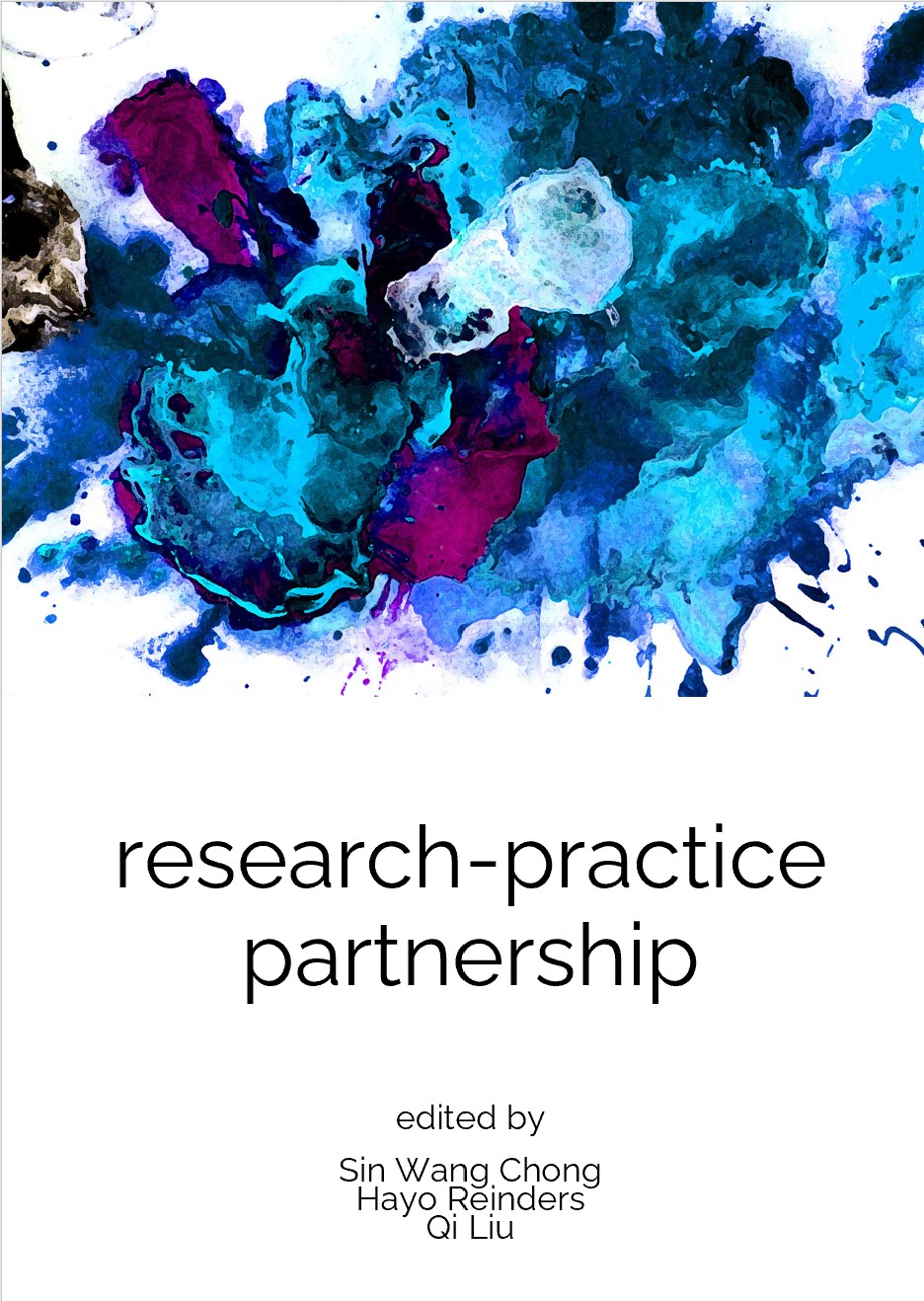
Call for Chapters: Innovations in Research-Practice Partnerships for Language Education
This book brings together reports and reflections on research-practice partnership projects that aim to improve the teaching and learning of languages. Such projects are referred to by different names: impact or public engagement, knowledge mobilisation and translation, research-practice dialogue, research-practice partnership, and others. Stakeholders in such partnerships can include researchers working in academia, in industry, or in third sector (i.e., charity organizations), teachers, teacher educators, administrators, senior leaders, policymakers, instructional designers, and parents, among many others.
This books starts from the assumption that the traditional researcher-led approach to research-practice collaborations can be improved through a more collegial, dialogic, sustainable, inclusive ecology where all stakeholders contribute equally and learn together.
The research-practice partnership initiatives in this book cover all aspects of languages education, from early childhood through tertiary level, in both private and public education, to adult learning settings, as well as innovations at local, national, regional, and international levels. Issues that are of particular relevance to this book include ways to foster evidence-informed language teaching and learning in different contexts, the roles played by stakeholders (especially teachers and researchers) when generating and using research evidence in languages education, and the values of practitioner research.
Some of the questions this book answers include:
- Where does the impetus for research-practice partnerships originate?
- Who are the stakeholders in and drivers of such partnerships?
- Why are some partnership activities implemented successfully, whereas others fail?
Call for Chapters
We are inviting chapters for inclusion in this book project. Chapters will be between 5000-7000 words in length and address an innovation of research-practice partnership activities in the context of languages education. All aspects of research-practice partnership projects at all levels and settings (primary to tertiary, private and public, on-ground and online) will be considered.
Topics that must be covered in each chapter include:
- The area of innovation
- Impetus for the innovation
- Information about the specific context
- What worked and what did not?
- Lessons learned
Each chapter is followed by a number of discussion questions to encourage readers to make links with other chapters in the book and to develop a clear understanding of the drivers of innovation.
Practical Information
Abstracts of between 250-300 words are due by 31 May, 2024. Following an initial review, invitations are then sent out by 28 June, 2024 with full chapters due by 2 December, 2024. Feedback will be sent out by 3 March, 2025 with revised, final chapters due by 1 May 2025. The manuscript is then expected to go into production. Our aim is to publish the book in the ‘New Language Learning and Teaching Environments’ series edited by Hayo Reinders and published by Palgrave Macmillan. Please note that the book project is subject to review by the publisher. Also note that acceptance of your abstract does not mean acceptance of your full chapter.
Anticipated Timetable
Abstract Submission Deadline 31 May, 2024
Abstract Acceptance/Rejection Notification 28 June, 2024
Chapter Submission Deadline 2 Dec, 2024
Review Results to Chapter Authors 3 March 2025
Revised Chapter Submission 1 May 2025
Production starts July 2025
Please submit abstracts using this link: https://forms.office.com/e/8HBqCQaXqz
For questions about this project, please contact Sin-Wang Chong (swc5@st-andrews.ac.uk), Hayo Reinders (info@innovationinteaching.org) or Qi Liu (ql35@st-andrews.ac.uk).
Introducing RILAE: The Research Institute for Learner Autonomy Education
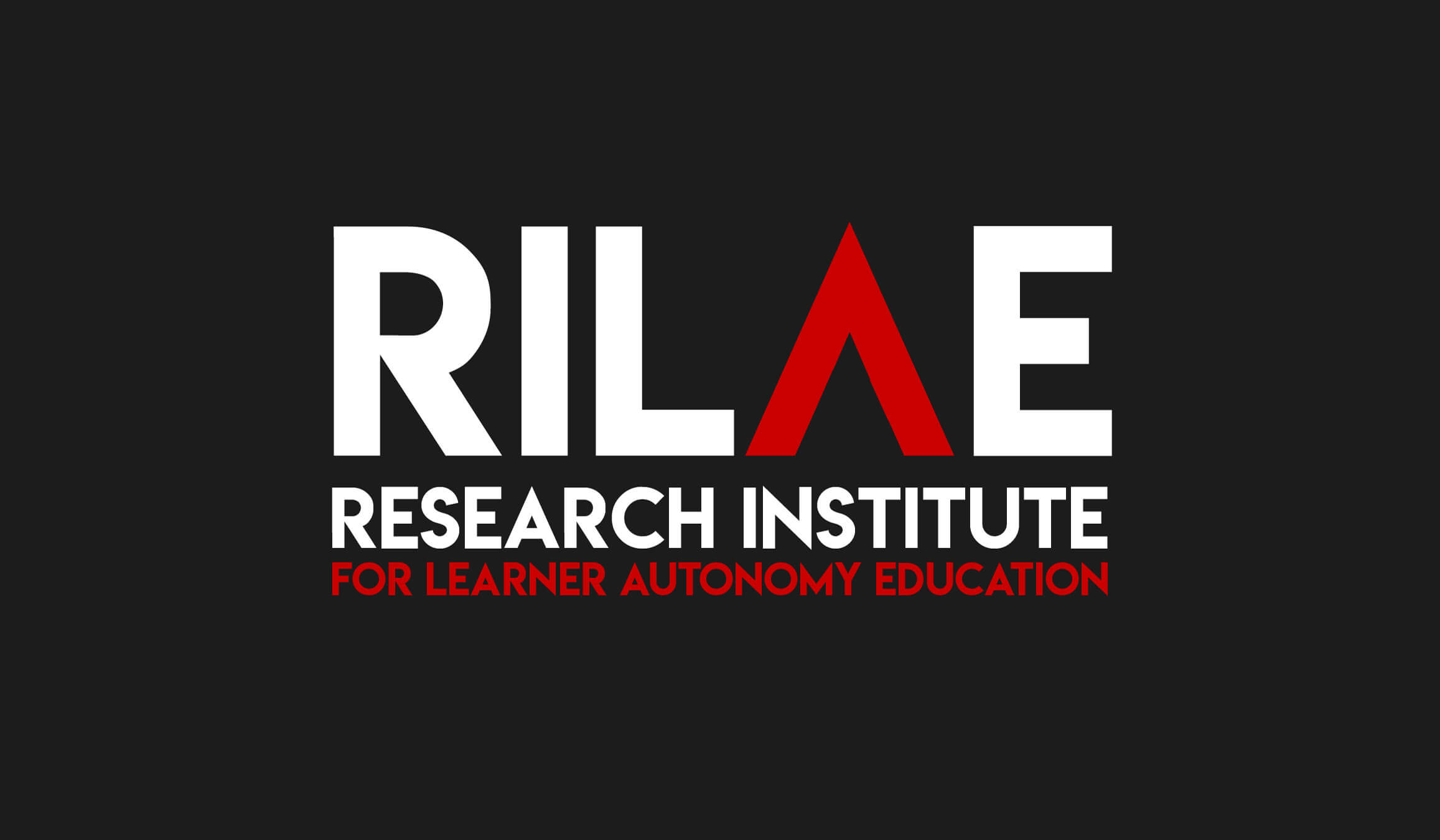
RILAE was set up in 2017 by Jo Mynard, Satoko Kato and myself at Kanda University of International Studies in Tokyo to provide a global network for practitioners and researchers in the broad area of learner and teacher autonomy.
RILAE promotes research, professional development, and best practice in developing lifelong and lifewide autonomous learning. We do this through:
– an active community of practitioners and researchers and support in finding partners
– regular, free online sessions for professional development and sharing best practice in research and practice of autonomy
– an online research ‘helpdesk’
– an open-access journal, called Relay, open to all practitioners and researchers to share projects, innovative practice, research findings, etc
– short courses and accredited certificate and (coming soon) degree programmes in the area of autonomy
– a repository of research instruments for autonomy-related studies
– a corpus of data for autonomy-related studies
The Relationship Between Autonomy and Language Acquisition
The relationship between learner autonomy and language acquisition has long fascinated researchers but very few studies exist that have explicitly investigated how they might be connected. In this study we will be monitoring an entire cohort of university students over a period of five years, recording all of their language instruction (both at university and elsewhere) and for a subset of students all of their out-of-class exposure and learning will be recorded as well. In addition we will collect a range of data related to autonomy, such as Willingness to Communicate, motivation and engagement with opportunities for learning beyond the classroom. All this information will be related to students’ language proficiency as it develops over five years.
The first phase of the project is now in progress and language and WTC data has been collected for 2328 students.
Preliminary results will be made available on a dedicated website in the coming months.
Short video
Below you can watch a short video about an article that Phil Benson and I recently published in Language Teaching.
Reinders, H. & Benson, P. (2017). Language learning beyond the classroom: A research agenda. Language Teaching, 50(4): 561-578. You can read the article here.
Journal – Innovation in Language Learning and Teaching (Taylor & Francis)
Innovation in Language Learning and Teaching is an international, peer-reviewed journal published by Taylor & Francis, edited by myself with Terry Lamb. The journal is devoted to methodological and pedagogical innovation in language teaching and research. It publishes research articles, review articles and book/materials reviews relating to different approaches to, methods for, and modes of language learning and teaching. The most recent issue (3:4) is a special issue guest-edited by Richard Smith on the topic of ‘teacher education for autonomy’. A list of editorial and review board members is available here. We invite authors to submit articles that fall within the journal’s scope. For more information visit the journal’s website.
Innovation in Language Learning and Teaching is indexed in:
Australian Research Council (ARC) Ranked Journal List
Contents Pages in Education
Current Abstracts
EBSCOhost
MLA International Bibliography (Modern Language Association)
Linguistics and Language Behavior Abstracts
SCOPUS®
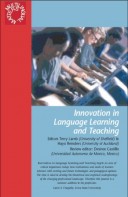
Measuring learner autonomy
A number of scales exist that have been designed to measure (aspects of) learner and teacher autonomy. On this page I list them and include links to their sources, where available. (update: in November a more comprehensive ‘Research Repository’ will go live).
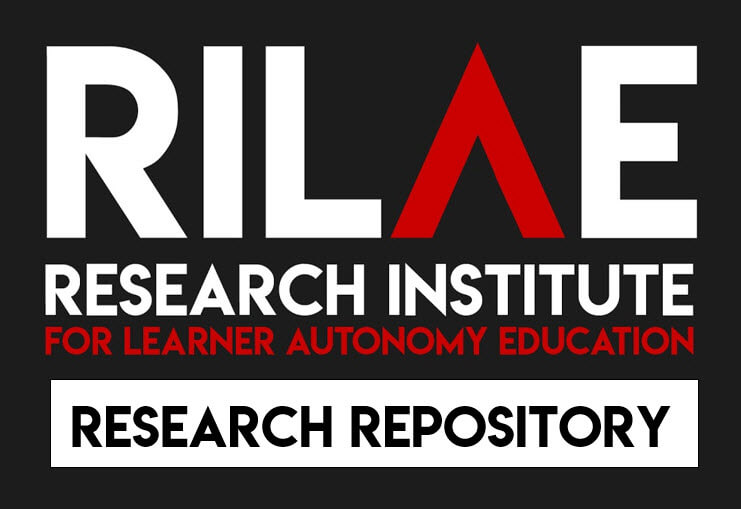
Book series: New Language Learning and Teaching Environments
What is your big idea? If you have a book inside you that is trying to get out and conquer the world, you may want to consider ‘New Language Learning and Teaching Environments’, a book series I edit for Palgrave Macmillan. Books in the series are dedicated to recent developments in learner-centred approaches and the impact of technology on learning and teaching inside and outside the language classroom. It offers a multidisciplinary forum for presenting and investigating the latest developments in language education, taking a pedagogic approach with a clear focus on the learner, and with clear implications for both researchers and language practitioners. We are currently also calling for chapter contributions to a book on 'Innovation in Language Education: The Case of the Caribbean'. You can read more here.
Aims and scope:
• To publish cutting-edge research into current developments and innovation in language learning and teaching practice.
• To publish applied accounts of the ways in which these developments impact on current and future language education.
• To encourage dissemination and cross-fertilisation of policies and practice relating to learner-centred pedagogies for language learning and teaching in new learning environments.
• To disseminate research and best practice in out-of-class and informal language learning.
Work on New Language Environments encompasses research (both theoretical and applied) and development in areas as diverse as (and not limited to):
Books in the series may cover any of the following topics. This is just a list of suggestions and is by no means comprehensive:
Learning analytics and data mining
Learner Autonomy
Blended learning
Distance learning
Flexible learning
Content and Language Integrated Learning
Work-based learning
Community initiatives
Life-long and life-wide learning
Self-study
Mobile learning
New Literacies
Language Support
Language Advising and Counselling
If you have an idea that you would like to run past me, please don’t hesitate to drop me a line. If you wish to submit a full proposal, you can download the template here.
Below are two videos with interviews of authors of recent books in the series.


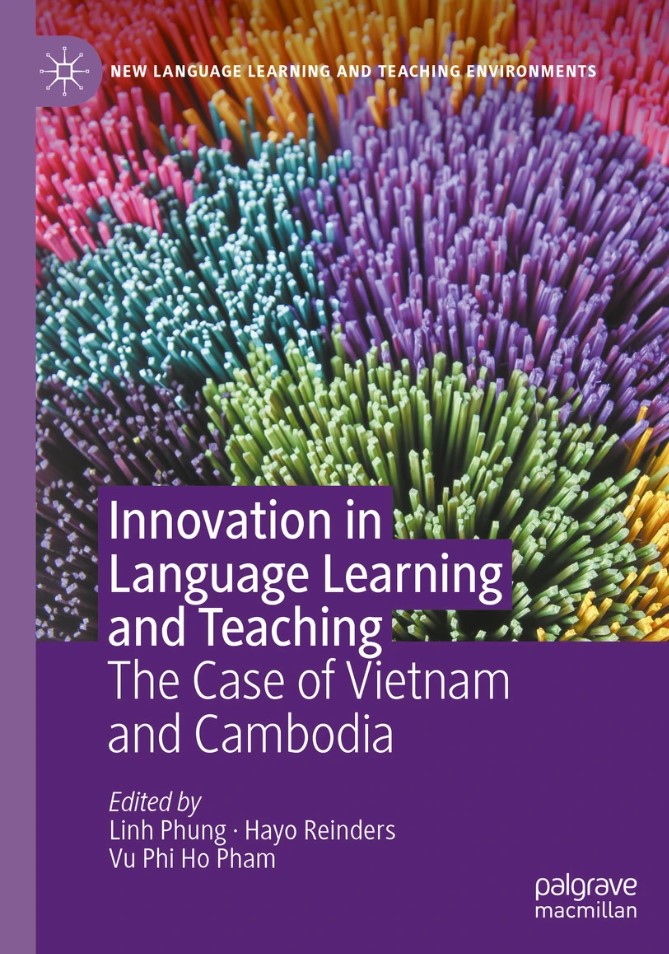


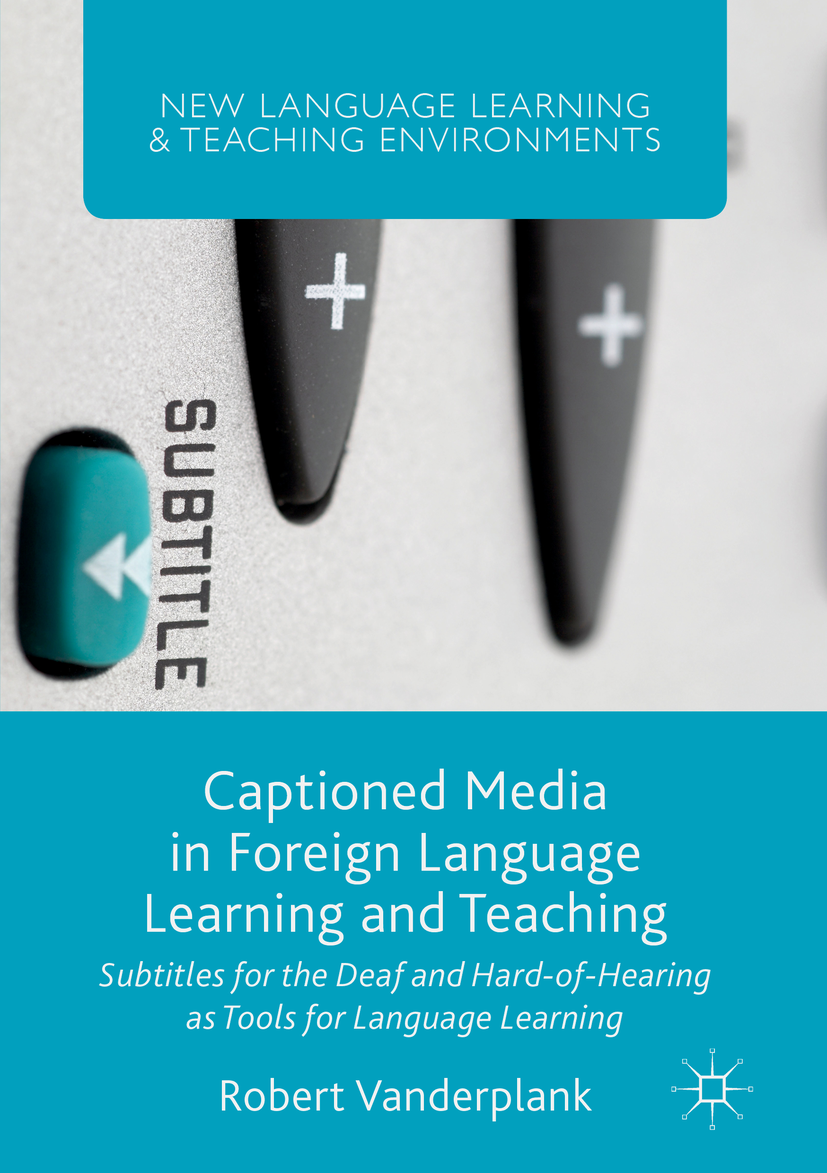

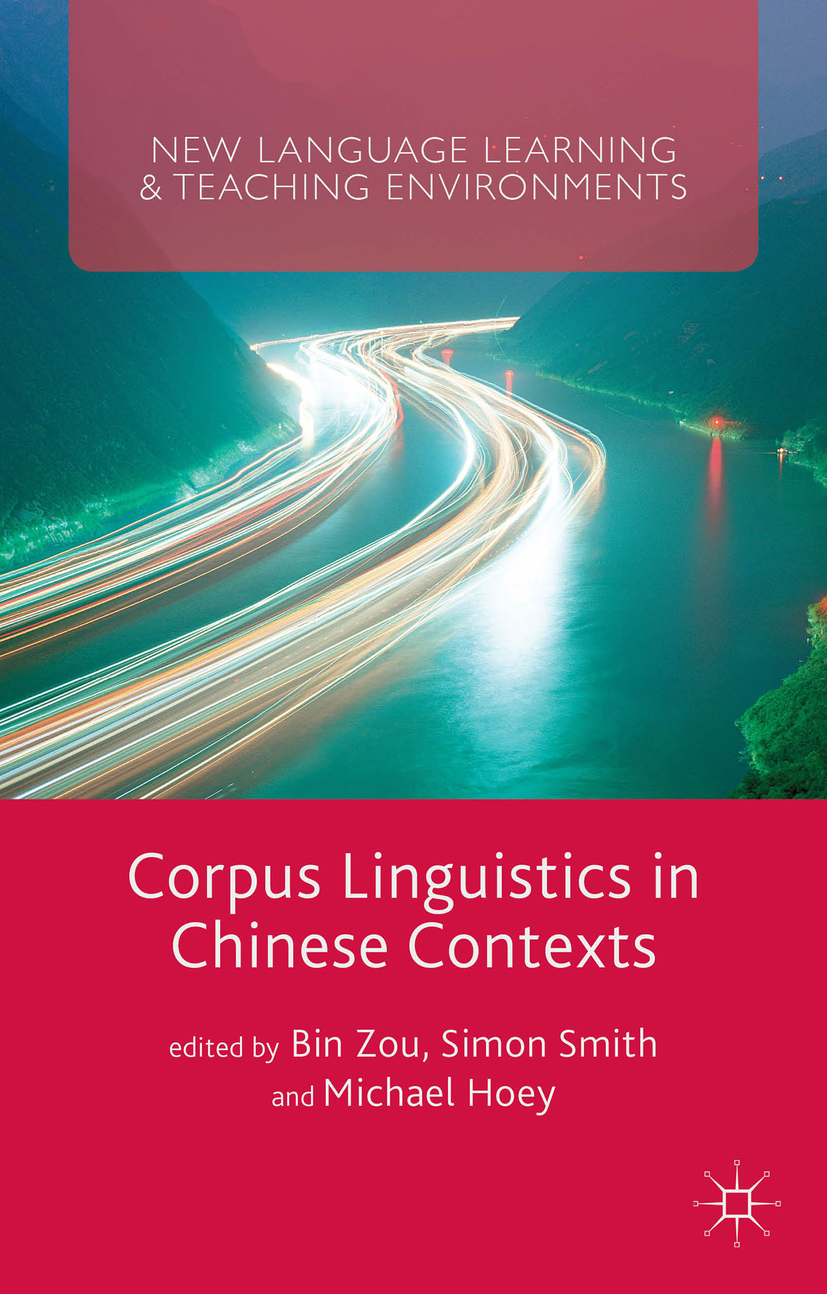
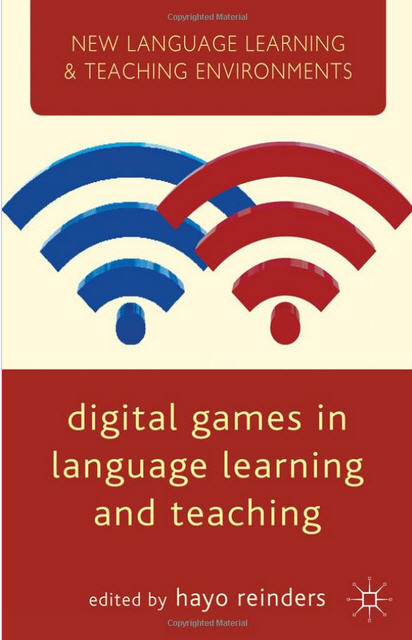
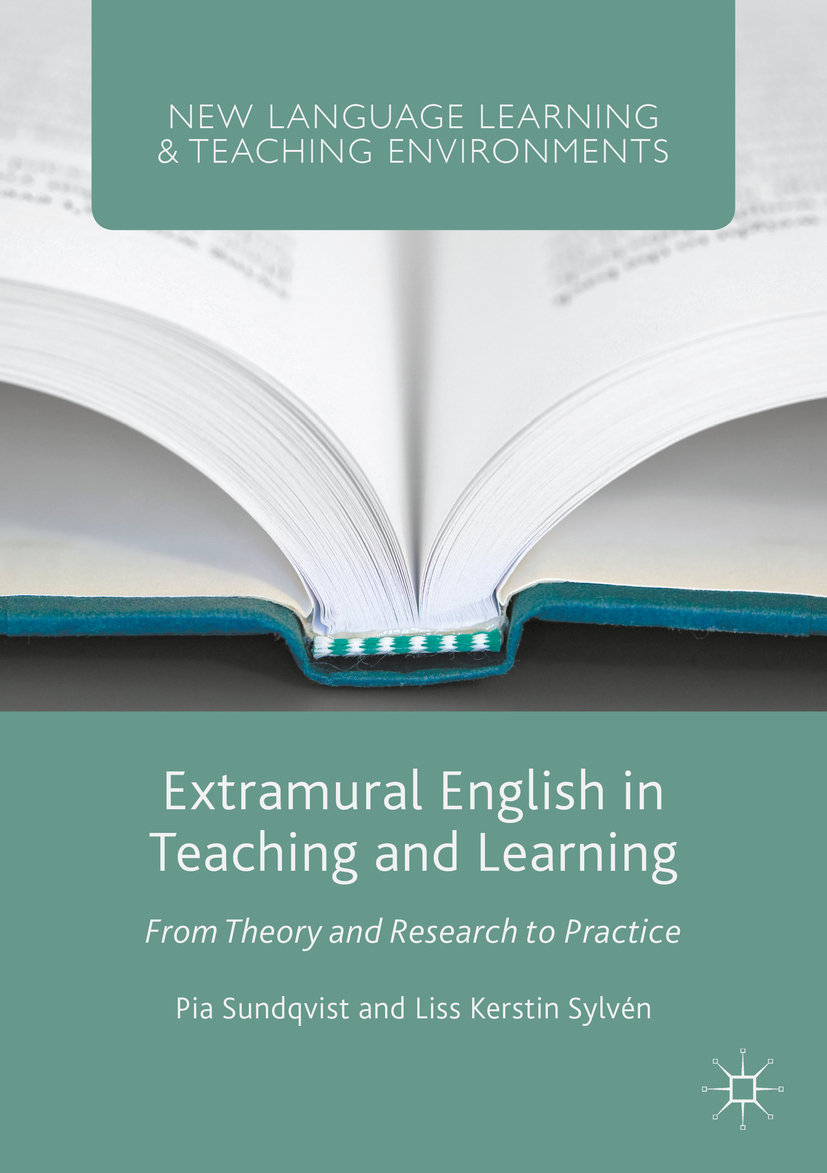
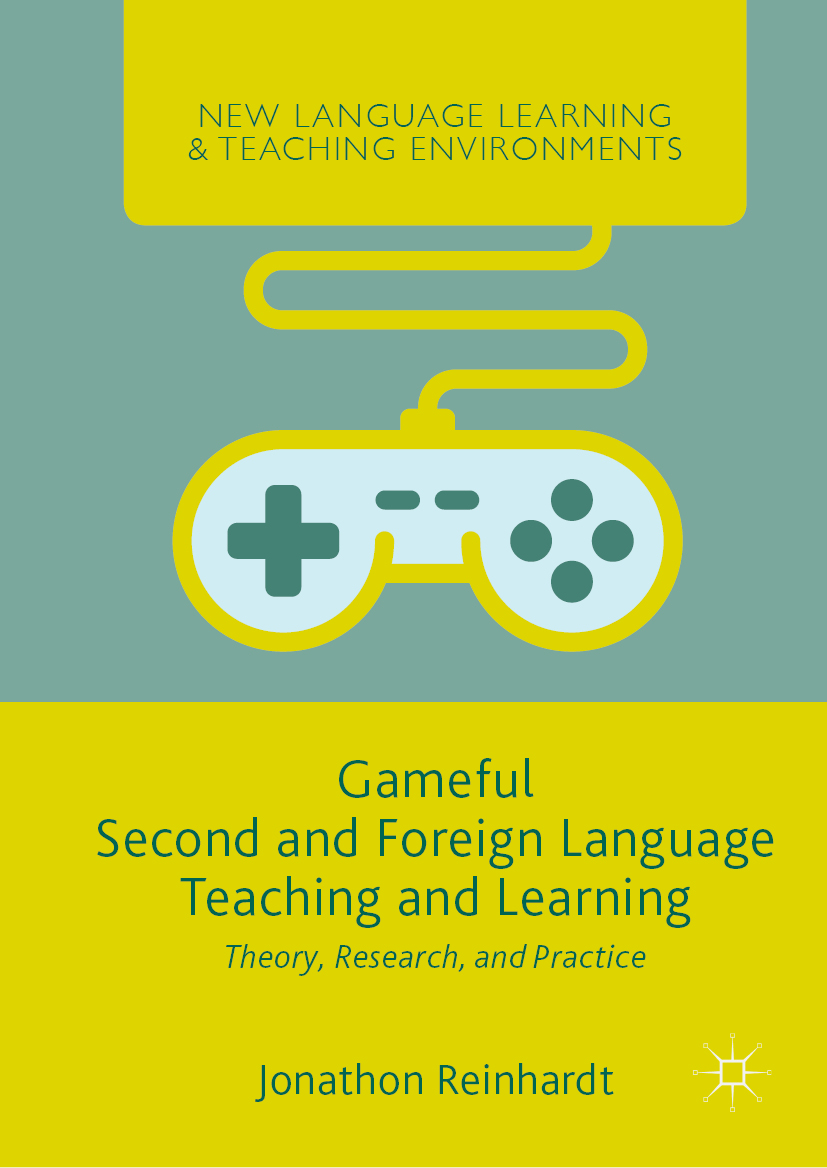
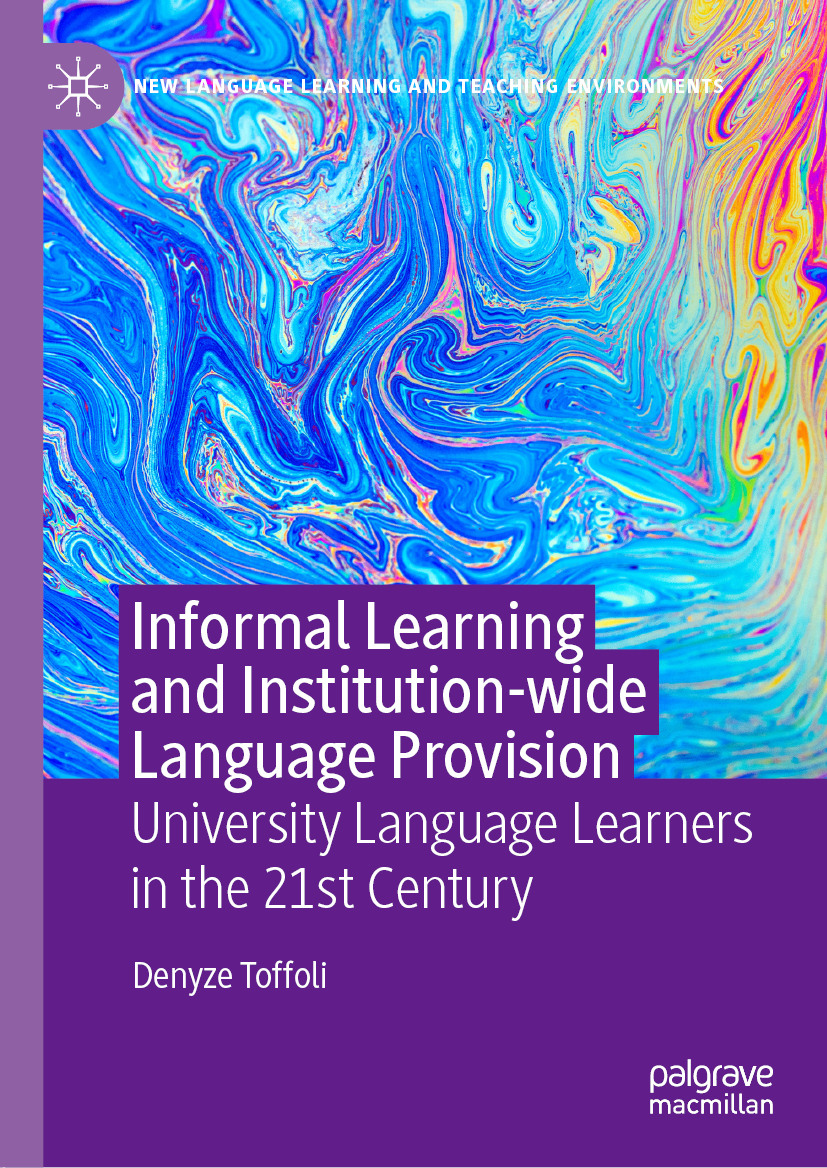
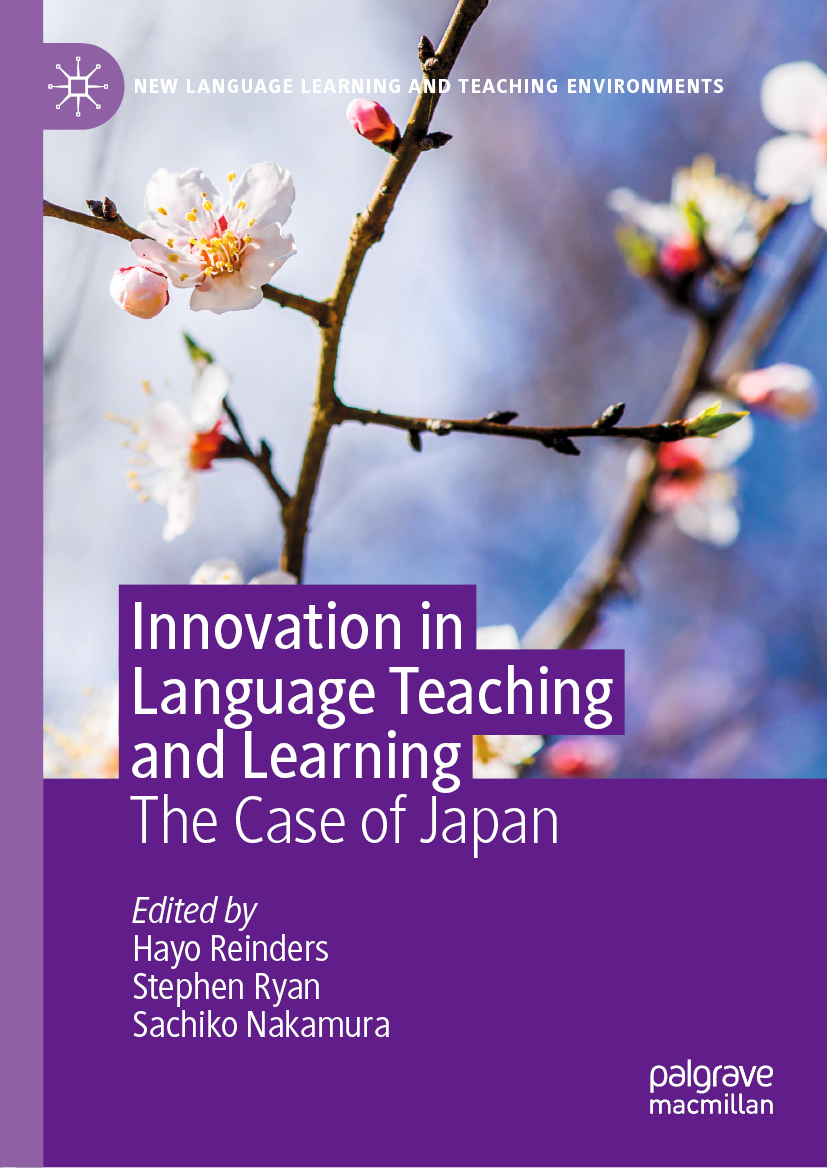
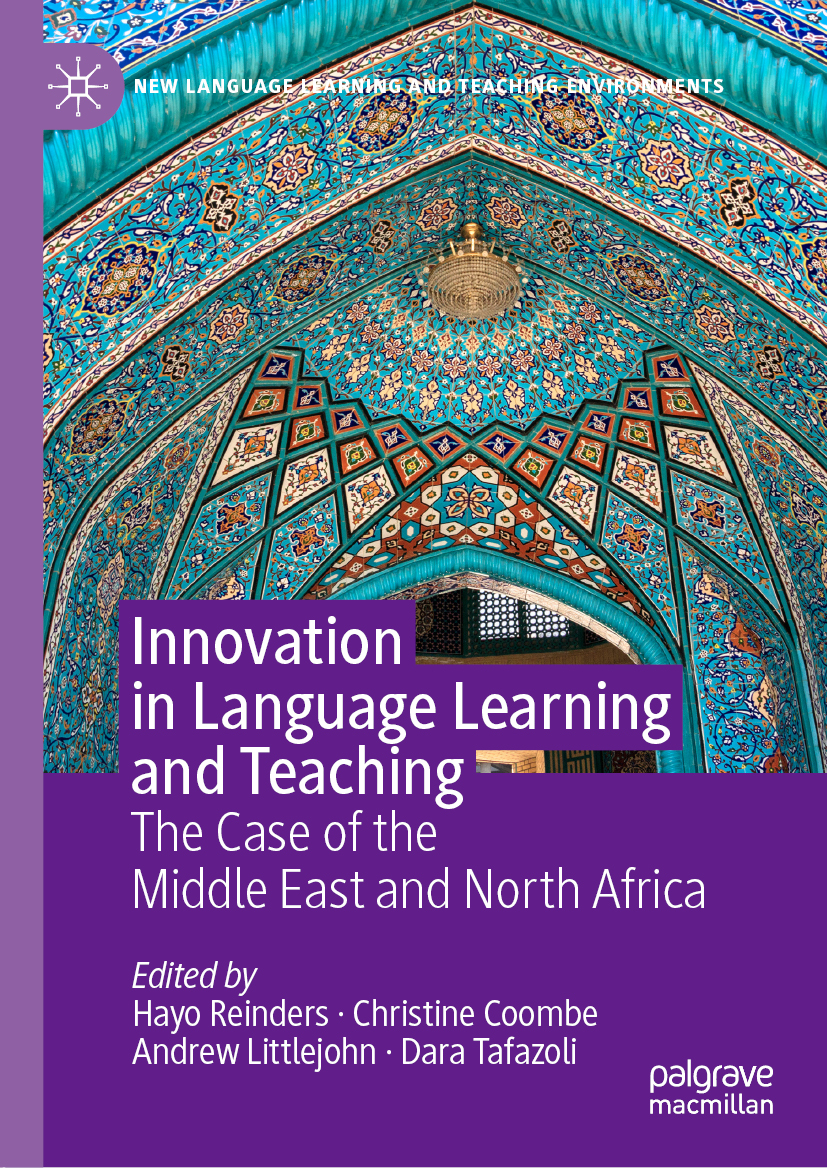
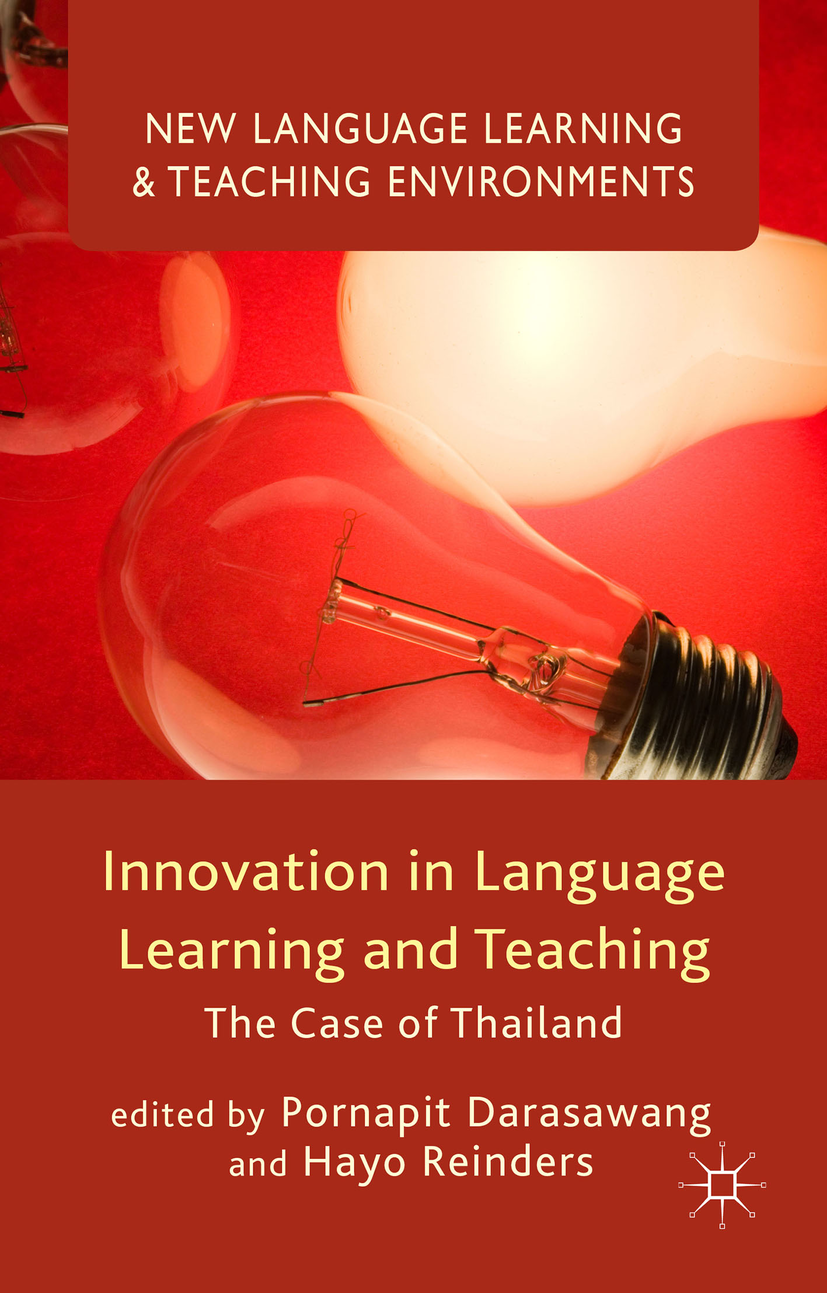
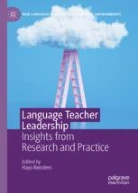
.jpg)
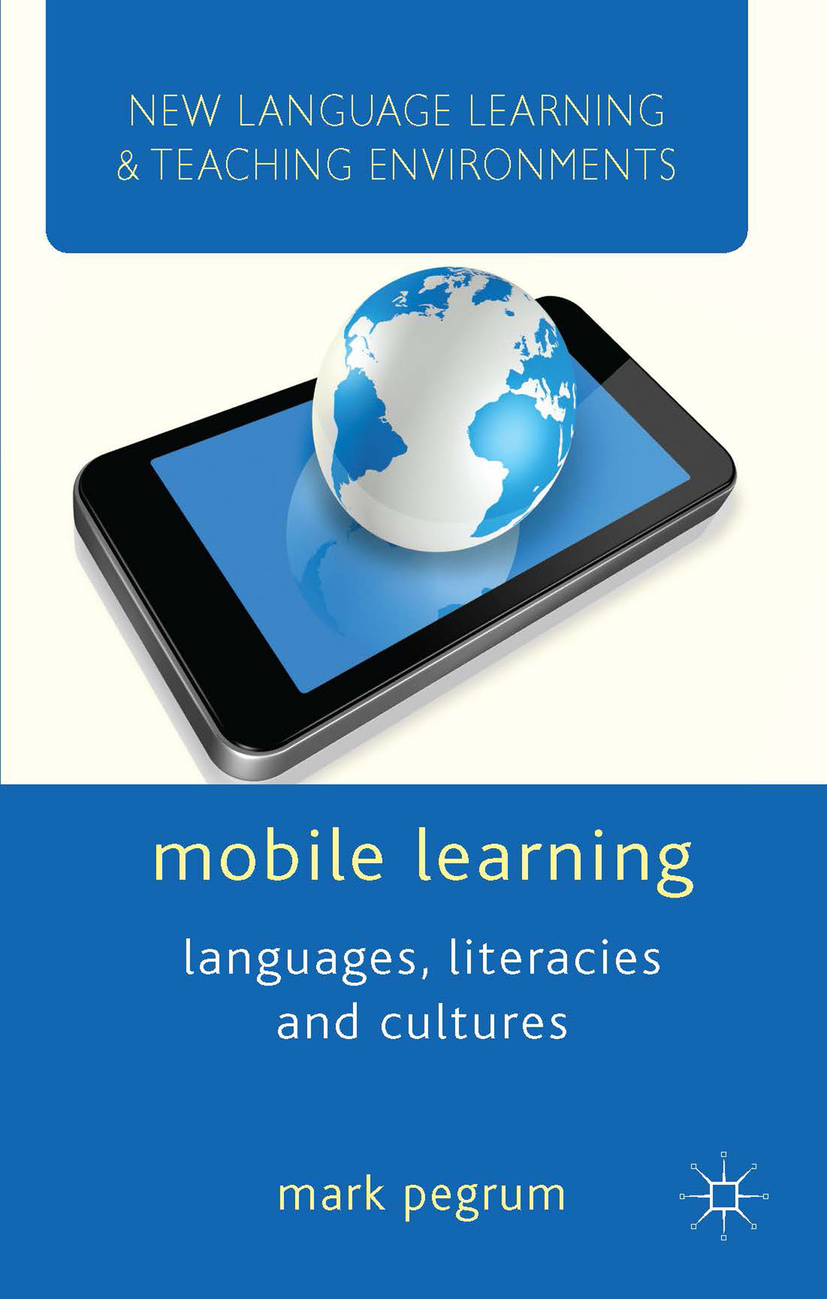
.png)
